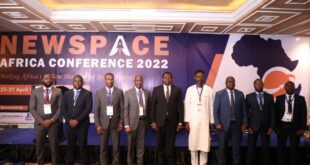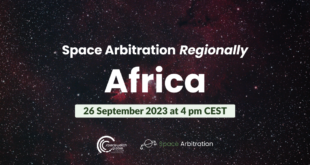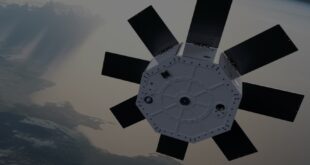By Carla Sharpe
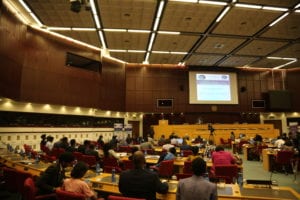
The 8th African Leadership Conference on Space Science and Technology for Sustainable Development was hosted at the UN Economic Commission for Africa, in Ethiopia from 2 to 4 December 2019. Over 200 participants joined the conference from 31 countries, 21 of which were African countries.
The sessions of the conference focused on the African space policy, governance, human capital development, current space programmes and industry development. In developing and implementing the African space policy, it was acknowledged that the African Space Agency should embrace collaboration and exploit the capabilities of the space agencies, institutes and professionals across the continent.
Education was an element of all the sessions, particularly as it is essential to the African space agenda and leads to the technology development, adoption, and capacity building that is required across many sectors, including data science, space science and technology. In addition, human capacity development goes hand in hand with the need for growing the employment opportunities, deployment and utilisation of trained people. Africa is faced with the challenges of underdevelopment and underutilization of its capacity. Therefore, it was agreed that the continent needs to establish a comprehensive, holistic and vision driven, long-term transformative development of capacities, particularly in the space sciences and technology fields.
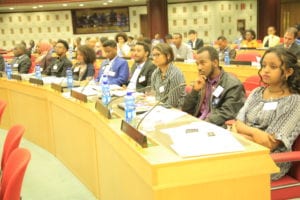
Africa is increasingly recognizing the necessity for space data and its importance in addressing the Sustainable Development Goals (SDGs) as well as to inform decision-making. New technologies are changing the way we do business and there must be an effort to empower Africans, in particular the youth, to meet this paradigm shift in thinking towards the new world of machine learning, artificial intelligence, augmented reality, cloud computing and more.
Discussions highlighted the opinion that there is also a need for Africa to invest in the building of satellites as the advantages are significant. The continent was previously focused on downstream applications but are rather now encouraged to the pursue development of upstream technologies and infrastructure. It was also noted that an appropriate Public Private Partnership (PPP) strategy be developed and adequately ensure all legal and policy frameworks, such as those focusing on security and ownership, are well structured to ensure that there is a proper monitoring of projects and adherence to timelines. It is the objective to provide an enabling environment with transparency in implementation of PPPs. In the future, a dedicated industry development session will be hosted to ensure that industry players can deliberate on industry issues and to ensure a more coordinated approach and sharing of best practices to support growth.
In addition to the main sessions, a Youth Forum was hosted as well as a Women in Aerospace Africa event. There is a strong focus on developing the youth in this field, as they are able to make significant contributions, in addition to the focus area of diversity and encouraging the further development of women in the fields of space science and technology.
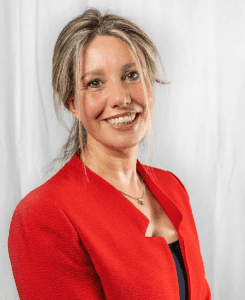
Carla Sharpe is passionate about the development of space science and technology in Africa, towards positively impacting the lives of all Africans. She has been with the South African Square Kilometre Array (SKA) project for several years. The SKA is an international effort to build the world’s largest radio telescope, with eventually over a square kilometre of collecting area, and the sheer scale of the SKA represents a huge leap forward in both engineering, technology and research & development. In 2009 Carla founded the Foundation for Space Development and in 2011, Women in Aerospace Africa. Her personal passion project was announced in 2014, Africa2Moon, a low cost solution to performing radio astronomy on the far side of the Moon. It has developed into a beacon project to highlight the potential and ability of developing nations, in particular the African community, and to inspire Africa to “Reach for the Moon” by reaching for the Moon!


